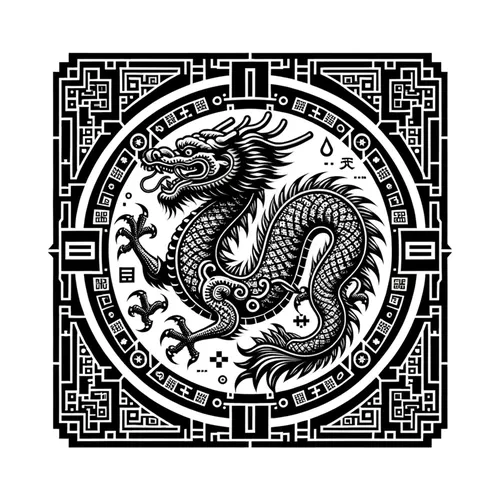China's Cyber Showdown: Hacks, Attacks, and Digital Smackdowns!
- Author
- Quiet. Please
- Published
- Sat 05 Apr 2025
- Episode Link
- https://www.spreaker.com/episode/china-s-cyber-showdown-hacks-attacks-and-digital-smackdowns--65373403
This is your Digital Dragon Watch: Weekly China Cyber Alert podcast.
Phew, what a week in the cyber battlefields between China and the world. Let me weave you through the latest, because it’s a digital jungle out there!
So, let’s start with China’s 9th Asian Winter Games report. It dropped a cybersecurity bombshell: over 270,000 cyberattacks traced to external sources targeted event systems! The critical hit list included arrival systems, information services, and even simple card charging systems. A whopping 63% of these attacks allegedly originated from the U.S. Imagine the cybersecurity team, likely caffeinated to the max, scrambling to block over 12,000 high-risk IPs. Interestingly, most attacks came from Digital Ocean cloud service hosts, making infrastructure a prime battleground. Heilongjiang Province faced millions of attacks, underscoring just how critical local network defense is to China right now.
Speaking of sophisticated attacks, the latest firestorm involves Chinese-linked espionage group UNC5221 exploiting vulnerabilities in Ivanti VPN products. This group has become a relentless predator, targeting edge devices and dropping malware like Trailblaze and Brushfire while waltzing past defenses. Mandiant’s Charles Carmakal even highlighted how these actors excel at surging operations just as they’re discovered. The lesson? Patch your systems. Ivanti has solutions out, but companies dragging their feet risk becoming the next headline.
Meanwhile, Salt Typhoon—another Chinese-backed crew—has been wreaking havoc in telecoms globally. They've exploited Cisco device vulnerabilities to compromise networks, from U.S. universities like UCLA to major telecom companies like Verizon and AT&T. Their audacity? They’ve infiltrated lawful intercept systems, accessing sensitive political data and law enforcement requests. The Insikt Group warns that exploits will continue as long as patch management remains as fraught as a house of cards.
But here’s the kicker: the Office of the Director of National Intelligence’s (ODNI) report paints an alarming picture of China’s cyber muscle. They’ve allegedly prepositioned access to critical U.S. infrastructure, preparing for potential conflict. Think of it as digital chess, where the stakes include disrupting military supply lines and sowing panic. Their overarching strategy? Achieve global tech dominance by 2030 in fields like AI and quantum computing—all while sidelining the U.S.
So, what’s Uncle Sam doing about it? The U.S. Intelligence Community’s latest threat assessment is a clarion call for serious defensive upgrades. While DNI Tulsi Gabbard emphasized heightened vigilance, tighter collaboration with allies, and sharper sanctions, the cybersecurity industry stresses the basics: patch your systems, avoid exposing admin interfaces, and monitor for anomalies.
Expert recommendations? It’s all about proactive defense: zero-trust architectures, robust threat intelligence sharing, and investing in advanced detection technologies. Oh, and better coordination between governments and private sectors couldn’t hurt—because, let’s face it, no single entity can weather these storms alone.
That’s your weekly whirlwind of China and cyber drama. Stay safe, stay patched, and don’t forget—digital dragons are real, folks.
For more http://www.quietplease.ai
Get the best deals https://amzn.to/3ODvOta
